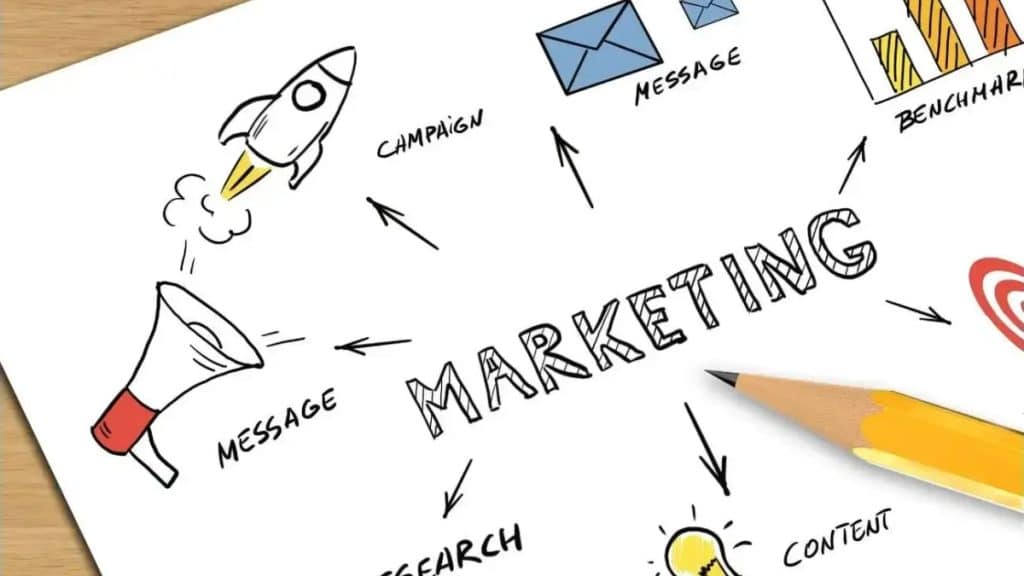Market research reports provide useful details into consumer behavior, preferences, and trends. Companies looking to expand into new markets often face language barriers and cultural differences. Translation services are essential for overcoming these challenges. They help avoid misunderstandings caused by language gaps and address cultural differences, making it easier to collect accurate and useful data.
Understanding the value of effective translation in market research is vital. Accurate translation services help businesses make informed decisions and connect with audiences in different regions. As businesses grow, it becomes even more important to consider both language and cultural factors to better reach consumers.
Getting Cultural and Language Details Right in Surveys and Questionnaires
Survey questions for a global audience should align with local cultures. Direct translations can fall short, with idioms and expressions causing confusion or unintended meanings. Translation services adjust questions to fit local language styles, making them clearer and more relevant. This effort fosters honest and thoughtful responses from diverse groups, improving the overall quality of feedback.
Skilled translators focus on more than just words—they consider how phrases make people feel. This prevents misunderstandings that could lead to inaccurate data and poor business decisions. When questions are culturally appropriate, people feel more comfortable sharing their thoughts, leading to better feedback.
Keeping Industry-Specific Terms Accurate
Industries like healthcare, finance, and technology have their own unique terms that must be translated correctly. Mistakes in translating these specialized words can cause confusion and lead to bad decisions. Working with translators who have experience in a specific field allows complex ideas to be communicated clearly and correctly. Using the right terminology is key to gathering trustworthy data and achieving meaningful market insights.
Professional translators bring both language skills and industry knowledge to the table. They carefully balance word-for-word translations with the right context, aiming for clarity without oversimplifying. Businesses targeting specific markets benefit from working with translators who understand their industry’s language. Their expertise helps build trust in the research process and the findings that come from it.
Handling Regional Differences in Language and Dialects
Language can vary widely across different regions, sometimes even within the same country. These differences can create challenges when collecting data. Professional translation services help adjust surveys to match local dialects, helping them resonate with the people they’re meant for. Whether it’s tweaking wording or adjusting slang, this process makes it easier for participants to understand and engage.
Considering regional language differences helps include a wider range of people, leading to more broad data. Collaborating with translators familiar with local dialects allows businesses to create surveys that feel natural and respectful. Choosing experts who understand these differences helps produce more reliable research results and helps everyone’s voice be heard.
Comparing Data Across Different Countries
Collecting data from multiple regions means dealing with different languages and cultural contexts. Accurate translations are essential to confirm data can be compared without confusion. Professional translation services help standardize terms and concepts, reducing inconsistencies that might otherwise skew results. Consistent translations are important for analyzing trends across international markets where even small language differences can impact findings.
When data is translated consistently, analyzing trends and patterns becomes easier. Researchers get a clearer picture of global consumer behavior, leading to smarter business strategies. Partnering with expert translation services speeds up this process and provides the experience needed to compare data across borders effectively.
Avoiding Cultural Bias in Research and Reporting
People from different cultures express themselves in unique ways, which can lead to misunderstandings in market research. Non-native speakers may phrase things differently, causing biased interpretations. Translation services help by preserving the original meaning and tone of responses. Keeping responses aligned with their original intent helps produce findings that are accurate and meaningful.
Accurate translations help businesses truly understand what respondents mean. Skilled translators dive deeper into open-ended responses, keeping the authenticity of the collected data intact. Their experience helps capture cultural context, leading to details that genuinely reflect people’s thoughts and feelings.
Good market research needs clear translations that respect cultural differences and industry terms. Professional translators help businesses get better data by making surveys easy to understand and relatable. They do more than just translate—they adjust questions to fit local language and avoid confusion that could lead to wrong results. When surveys feel natural, people are more likely to give honest answers. Choosing translators who understand the industry and language helps businesses make better decisions and connect with customers. Quality translations give a clearer picture of what people really think, helping businesses grow and succeed in new markets.
